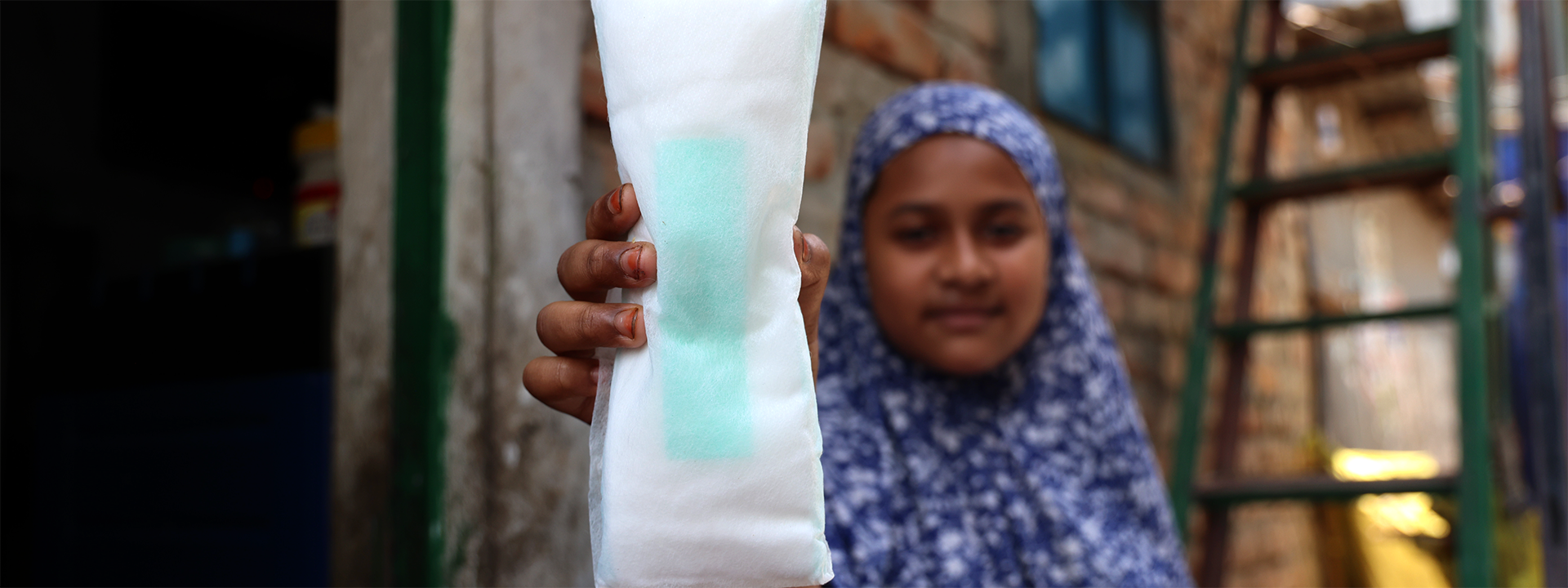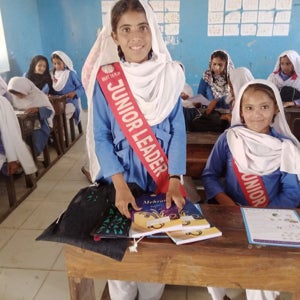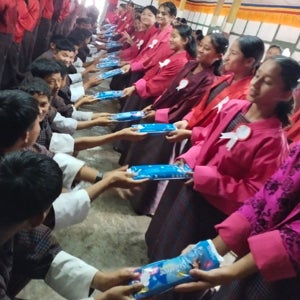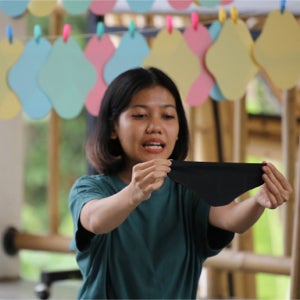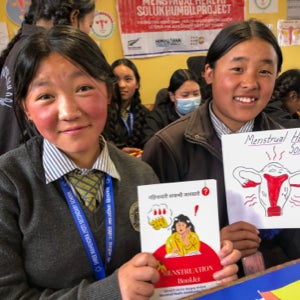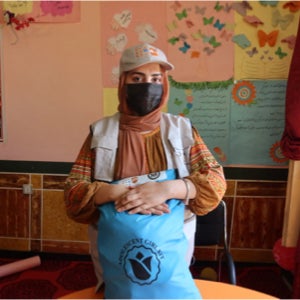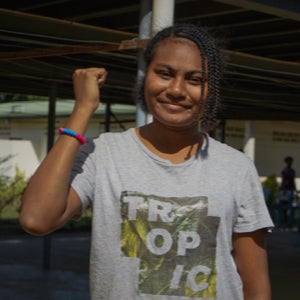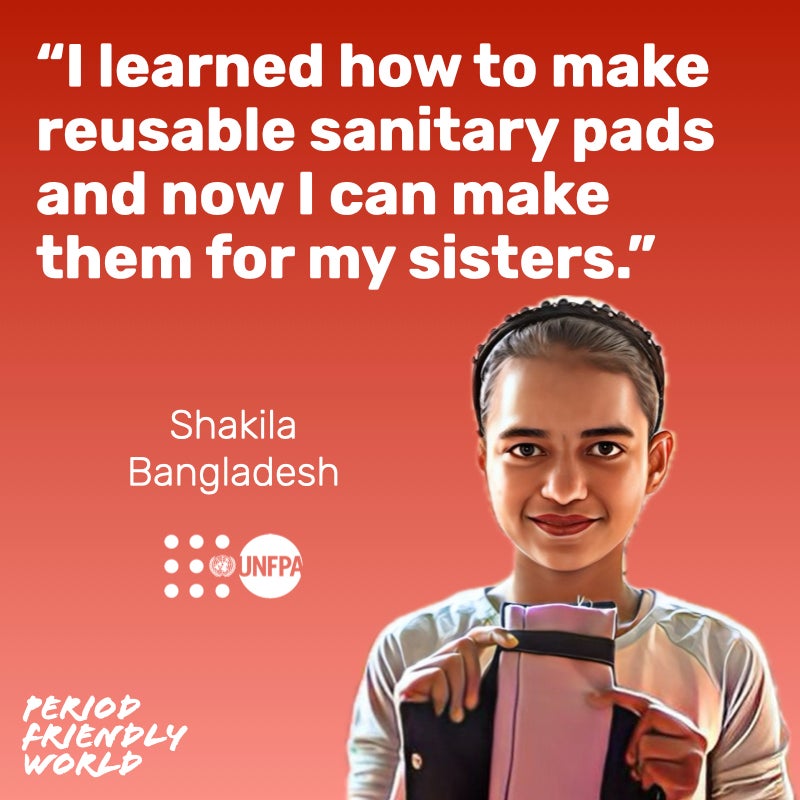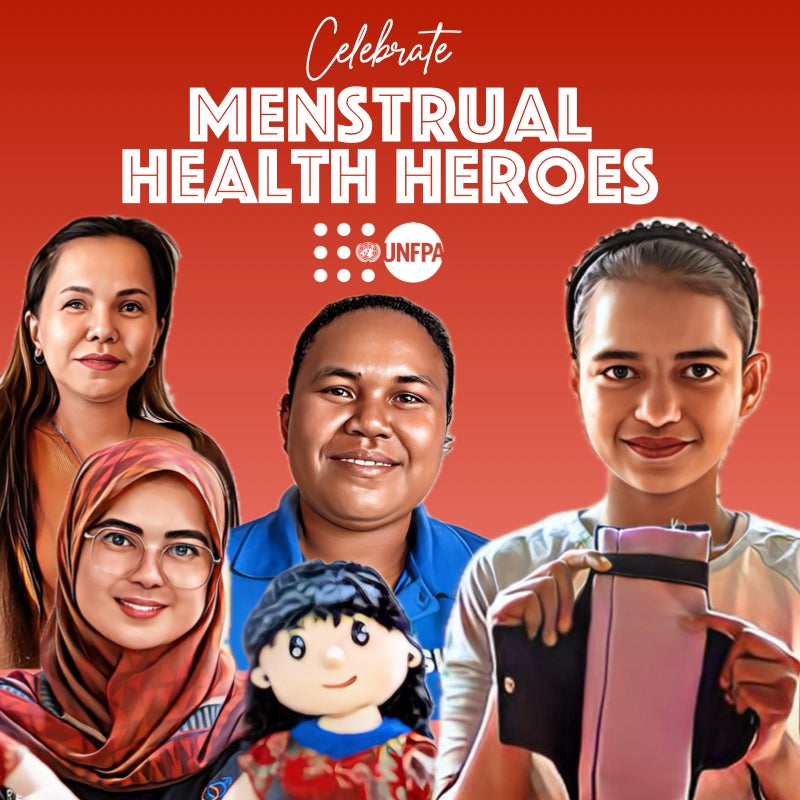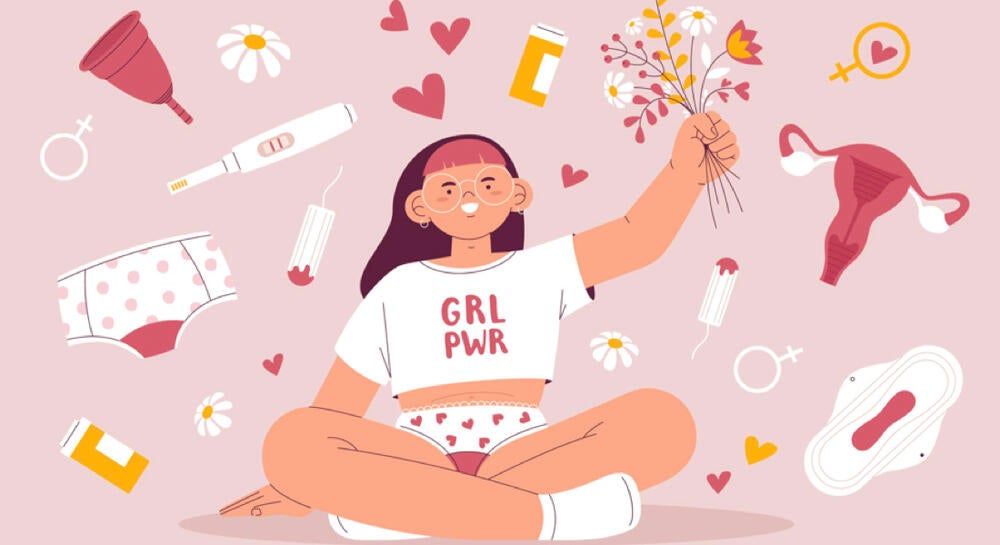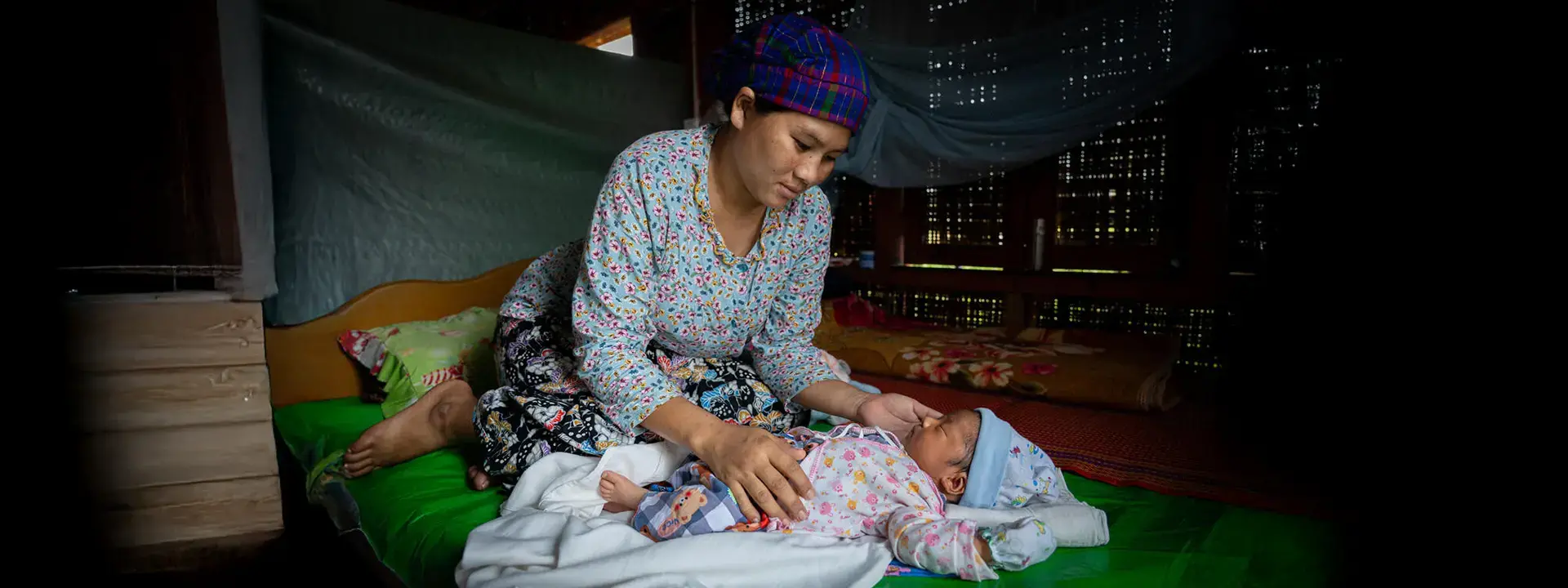Menstrual Health in Asia and the Pacific region
Menstruation is a part of life. Women and girls have the right to menstruate without missing out or being cast out, without feeling fear or shame, and without being exposed to more vulnerabilities or treated like less. Living with dignity, even during disasters, is a fundamental human right that should be preserved. Yet for countless women and girls across Asia and the Pacific, it's surrounded by silence, stigma, and shame.
In many countries in the region, menstruation is still taboo or riddled with myths and the consequences are profound. Without access to adequate menstrual health education, some girls may not understand what’s happening to their bodies when they have their period, which can be a frightening experience. Women and girls are excluded from daily activities because of stigma, shame or discrimination or because they are considered unclean. Menstruation may lead to child marriage because it signals a girl has transitioned into adulthood, and is ready for motherhood or sexual activity. Unfortunately, the data shows that child marriage puts girls at risk for intimate partner violence (IPV), including sexual violence. Girls may miss school because they do not have access to sanitary supplies, are suffering from physical discomfort or their schools lack adequate sanitary facilities.
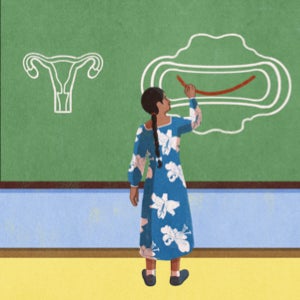 |
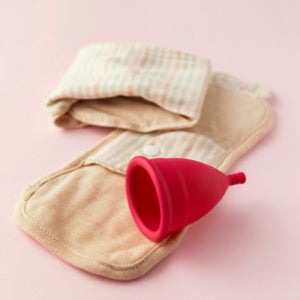 |
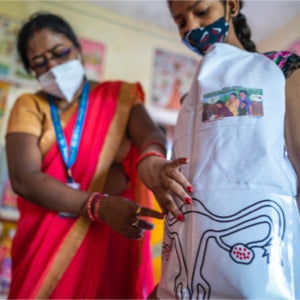 |
Asia and the Pacific is especially vulnerable to frequent climate-related disasters, with droughts, floods and extreme storms that devastate critical infrastructure. More than 26 million women and girls are estimated to be displaced because of conflict or climate disaster, robbing them of dignity when they have difficulty managing their periods and exacerbating their vulnerability. In emergency situations - whether sudden onset or protracted - the lack of access to basic menstrual supplies like menstrual pads or tampons can lead to a range of health problems including urinary tract infections and toxic shock syndrome. From the flooded fields of Bangladesh to the cyclone ravaged islands of Vanuatu, women struggle to manage their menstruation safely, comfortably and with dignity. Despite significant investments, menstrual health and hygiene is still under-resourced and often stigmatised within disaster responses, with dire consequences for the health of women and girls.
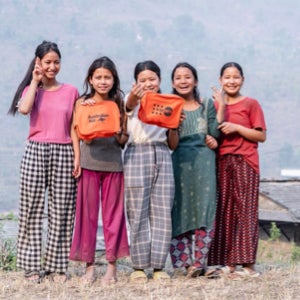 |
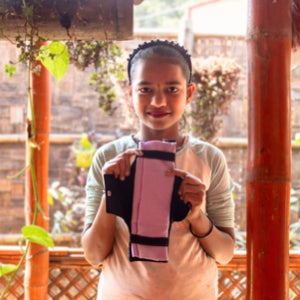 |
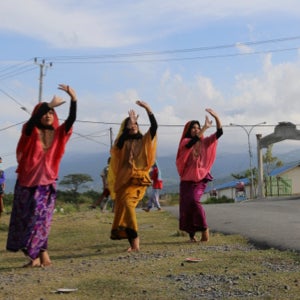 |
But here's the good news: change is happening. From Nepal to the Philippines, communities are breaking the silence, educating youth, and distributing dignity kits filled with menstrual essentials.
While some countries have addressed period poverty, and the hardship of affording menstrual products, more can be done to normalize something billions of people of reproductive age go through – girls, women, transgender men and nonbinary people.
Menstruation isn't a problem to hide—it's a sign of health and life. By breaking the silence, challenging the stigma, and ensuring access to education and sanitary products, we can empower girls and women to live with dignity and confidence, no matter the circumstances.
How much do you know about periods?
This Menstrual Hygiene Day, take our quiz and test your knowledge!
Around the region
| Pakistan | Bhutan | Indonesia |
| Nepal | Afghanistan | Papua New Guinea |
Learn More
Menstrual Health Waste Management: Understanding the Menstruator
Menstrual Waste Management Series: Emerging Solutions
Climate change and health supply chains
Menstrual hygiene management (MHM) in emergencies toolkit
Menstruation in a Global Context: Addressing Policy and Practice
Religion, Menstruation, and Refugee Realities: Insights from Rohingya Girls and Women
Period products: How menstruation is managed around the world
The Health Crisis That No One Wants To Talk About
Menstrual Health and Hygiene Management for Persons with Disabilities
What are the cultural stigmas towards menstruation?
Period. End of Sentence. | FULL FEATURE

